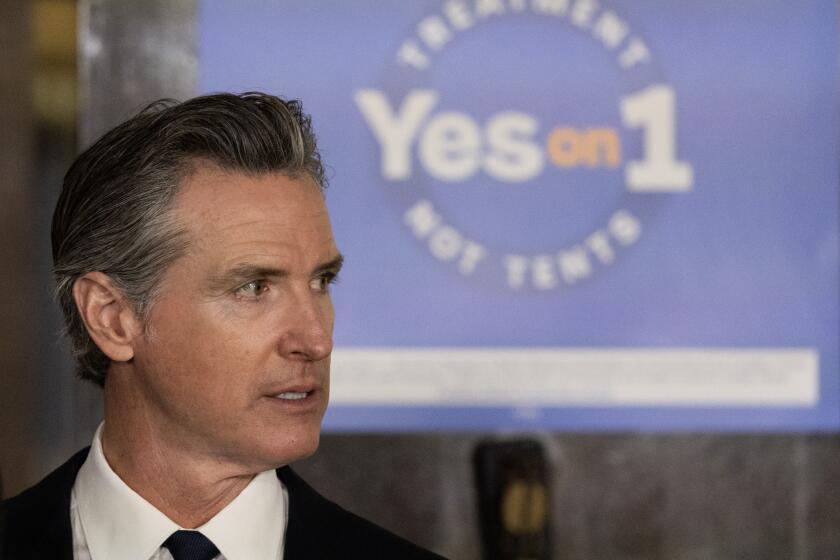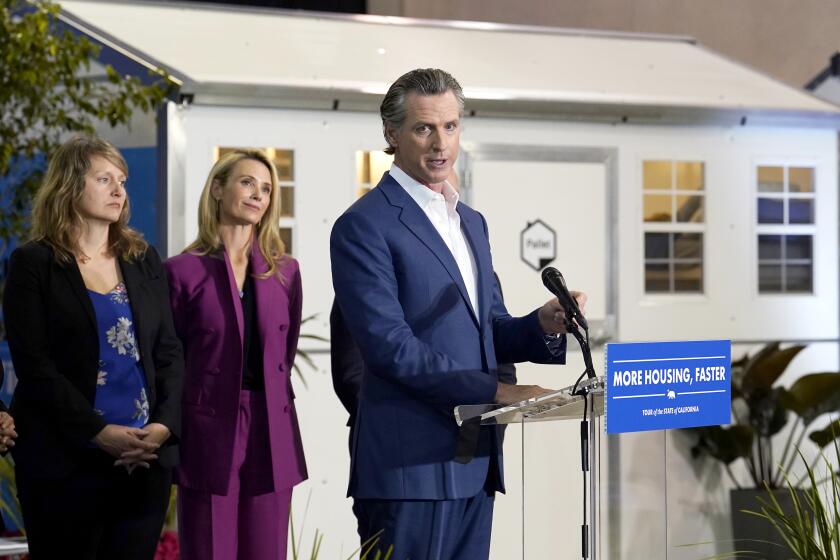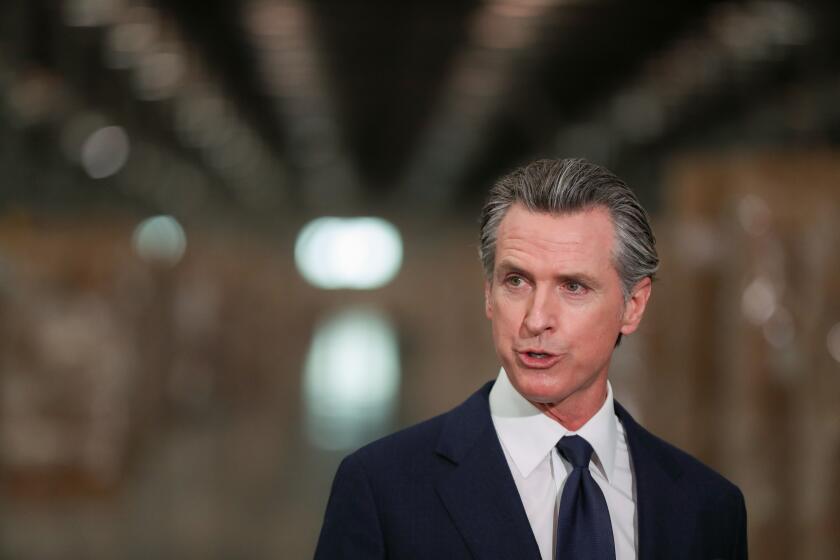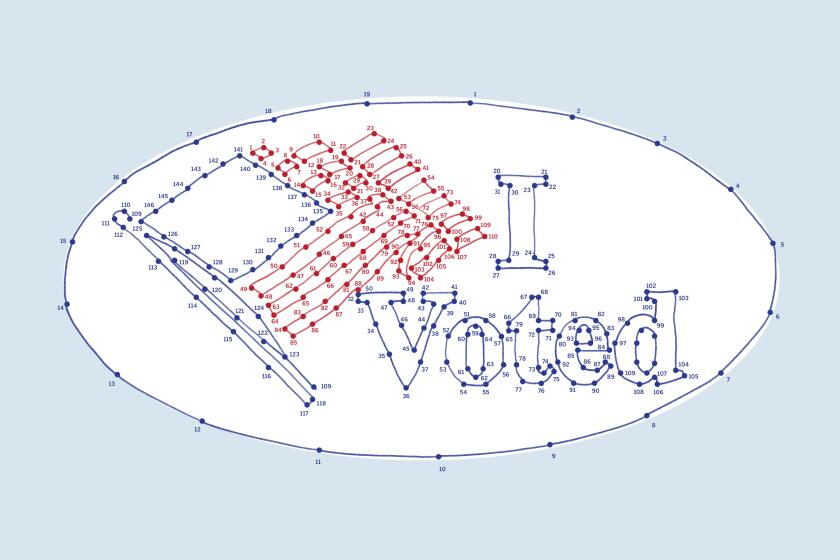Proposition 1 is the linchpin to Gov. Gavin Newsom’s solution to California’s homelessness and mental health crisis.
The measure asks voters to approve major changes to the state’s 20-year-old Mental Health Services Act to better serve Californians with substance use disorders. A “yes” vote on the measure would also approve a $6.4-billion bond to build facilities to provide 10,000 new treatment beds.
State lawmakers passed the plan last year to place the measure on the March 5 primary ballot. The rare bipartisan support at the Capitol speaks to reality that the problem stretches to every corner of California.
About 181,000 people statewide, including 75,000 in Los Angeles County, are homeless, according to 2023 counts. As much as 82% of unhoused individuals have experienced a serious mental health condition, and nearly two-thirds have at some point regularly used illicit drugs, according to a recent survey by UC San Francisco.




























